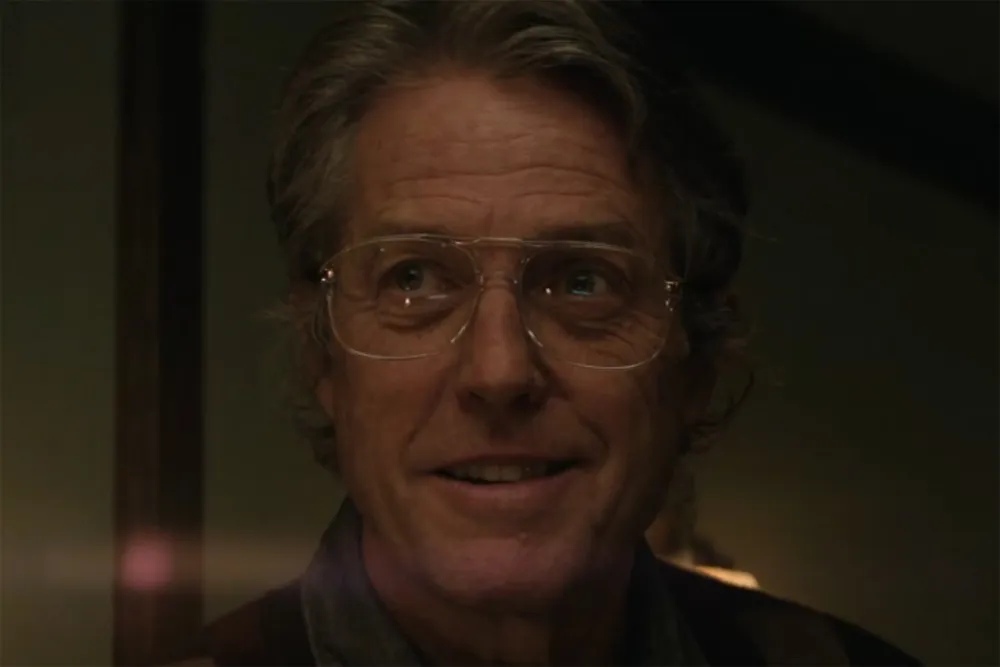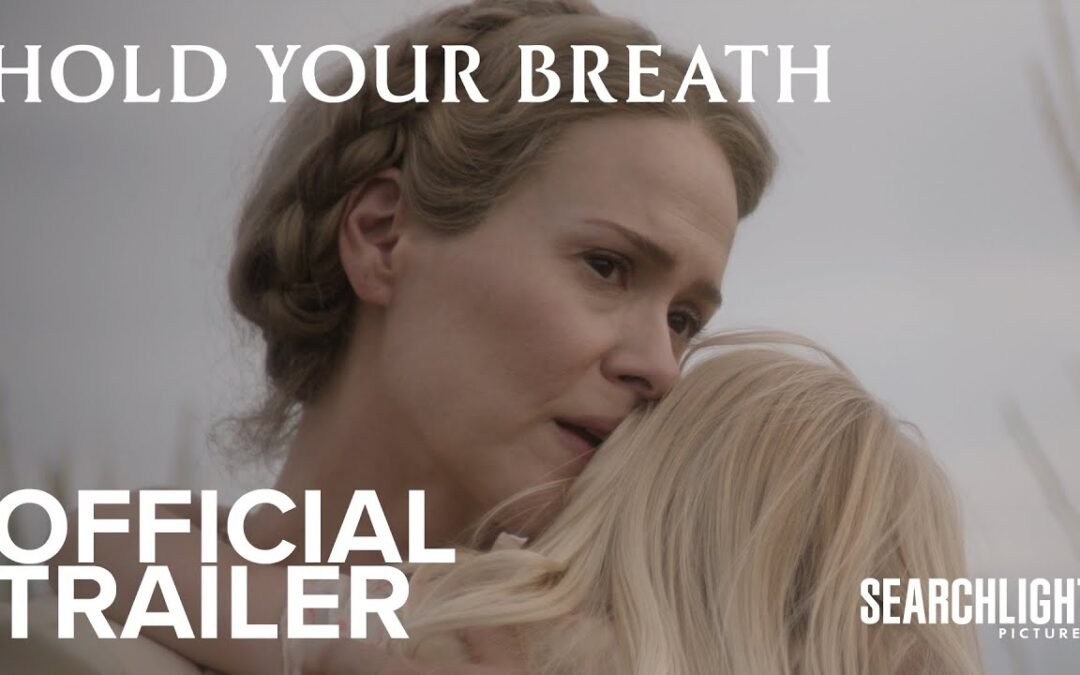“We Live in Time” (2024)
Plot:
We Live in Time centers around the lives of Almut and Tobias, two individuals whose paths cross unexpectedly, sparking a connection that alters their lives forever. Set against a backdrop of beautifully shot, time-shifted scenes, the narrative follows their evolving relationship as they experience the highs and lows of love. The film delves deeply into how love can both flourish and wither over time, emphasizing the fleeting nature of life’s most precious moments. As their journey unfolds, they are forced to confront their past traumas and their future hopes, navigating the inevitable challenges that time brings to every relationship.
The film does not follow a linear progression, instead using time jumps to reveal significant moments in their relationship—both good and bad. This nonlinear approach creates suspense and emotional depth, keeping viewers engaged while simultaneously allowing them to piece together the full story. Their love story is not idealized; it is filled with flaws, misunderstandings, and moments of beauty, mirroring the imperfect nature of real relationships. The movie, by its end, asks whether love can truly defy the passage of time, or if time is ultimately the one force we cannot escape.
Themes:
The key theme of We Live in Time is the impermanence of life and the inevitability of time. The film highlights how love, no matter how powerful, is always subject to the constraints of time, which is portrayed not only as an external force but as an internal one, affecting both memory and perception. As Almut and Tobias navigate their relationship, the film explores questions about how we prioritize and remember the moments that matter. Time, in the story, becomes a metaphor for love itself—precious but fleeting. The characters are also shaped by their pasts, and the film deals with the importance of confronting unresolved trauma in order to build a future together. Themes of personal growth, the passage of time, and the complexity of human relationships are woven together in a deeply philosophical narrative.
Review:
Critics are lauding We Live in Time for its subtle storytelling, emotional resonance, and the strong performances of its lead actors. The chemistry between Almut and Tobias is palpable, and the film does a superb job of depicting the complexities of modern love. The use of nonlinear storytelling enhances the emotional impact of the narrative, allowing viewers to experience the disjointed yet interconnected nature of life’s significant moments. Some critics have compared the film’s pacing and thematic elements to Eternal Sunshine of the Spotless Mind due to its introspective and slightly surreal portrayal of love.
While most reviewers have praised the film’s emotional depth and artistic approach, some viewers might find its pacing too slow, particularly given its focus on quiet, introspective moments. However, this slowness is intentional, designed to immerse the audience in the contemplative atmosphere of the film. The cinematography and the melancholic score further add to its atmospheric richness, making We Live in Time a meditative experience rather than a traditional romance.
Rating:
Critics have generally given We Live in Time positive reviews, with an average rating of 7.8/10. Its heartwarming yet bittersweet story is being hailed as one of the more thoughtful romantic dramas of the year【8†source】【7†source】.




